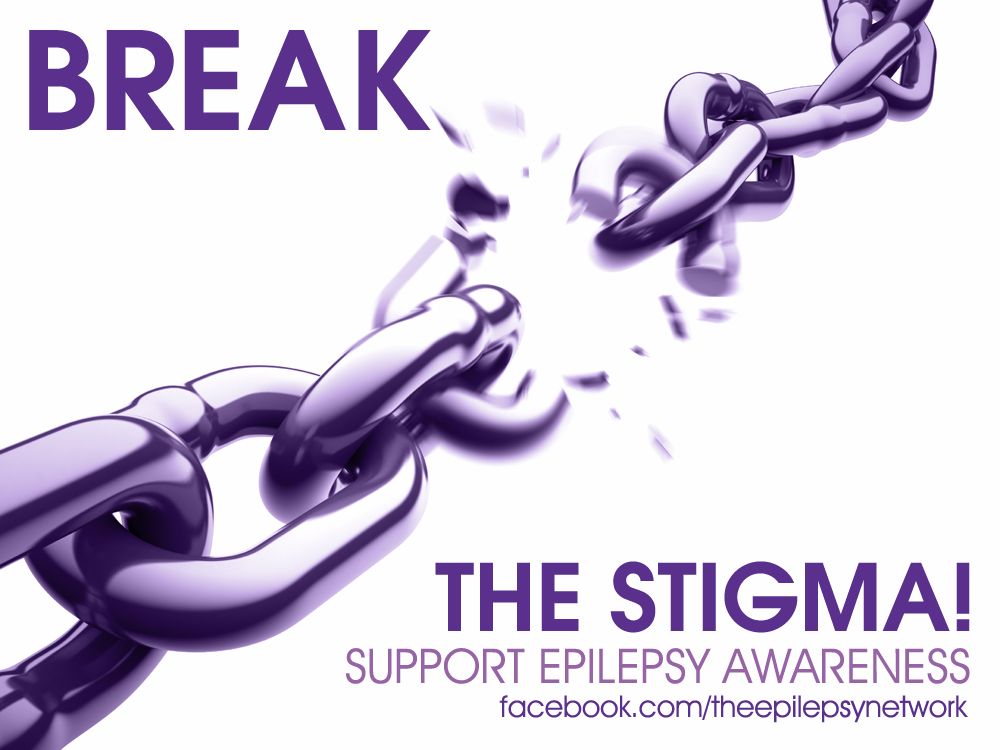Challenge is to eliminate Discrimination, Social Isolation and Stigma
Epilepsy is a chronic condition of the brain that affects people all over the world. It is characterized by recurring seizures – which are physical reactions to sudden, brief, excessive electrical discharges in brain cells. Anyone, anywhere, at any time can have a seizure.
It is estimated that there are around 65 million people living with epilepsy (PWE) globally. Around one-sixth of this population resides in India. One third of them live with uncontrollable seizures as there is no treatment available for such patient.
Epilepsy is one of the world’s oldest known medical conditions, and yet too many people do not understand it. In too many cases, this misunderstanding has led to fear, discrimination and social isolation. In our country it is still considered as social stigma. Epilepsy is not contagious. You simply can’t catch epilepsy from another person.
Epilepsy – Seizures
One of the major health concerns about Epilepsy is getting sudden Seizure among the patients. The physical reactions of a seizure depend on which part and how much of the brain is impacted by the excessive electrical discharges. Although most people think of a seizure as a full-body convulsion, seizures can also be brief muscle jerks or unconscious behaviours like picking at clothing or what appears to be a lapse of attention, like daydreaming.
The nature of seizures varies, because the lobes of the brain control different behaviours, movements and experiences. Having seizures and epilepsy can affect one’s safety, relationships, work, driving, and so much more. Public perception and treatment of people with epilepsy are often bigger problems than actual seizures. The frequency of seizures varies greatly, from once in a while to several per day.
Causes:
- In infants and children due to brain damage from prenatal and perinatal injury, congenital abnormalities, prolonged high fever during childhood, brain tumors and head injury.
- In adults and elderly usually due to brain infections, stroke, brain tumors and head injury
Seizure triggers:
- Missed medication
- Lack of sleep or disrupted sleep
- Illness (both with and without fever)
- Psychological stress
- Heavy alcohol use or seizures after alcohol withdrawal
- Use of cocaine and other recreational drugs
- Poor eating habits, such as eating at irregular time, dehydration
- The menstrual cycle or hormonal changes
- Flashing lights or patterns
- Specific activities, noises or foods
Epilepsy and Stress
People with epilepsy can handle jobs with responsibility and stress. People with seizure disorders are found in all walks of life. They may work in business, government, the arts, and all sorts of professions. If stress bothers their seizures, they may need to learn ways to manage stress. There may be some types of jobs that people with epilepsy can’t do because of possible safety problems like driving and swimming. Otherwise, having epilepsy should not affect the type of job or responsibility that a person has.
At the outset, epilepsy can be controlled by identifying the reasons or triggers for seizures and work on those triggers with life style changes. This can help people to come out of the disease early.
People who are not seizure-free need to be careful about possible accidents during a seizure:
- Death from drowning is more common among people with epilepsy.
- Drowning can even occur in a tub with only a few inches of water. Therefore, people who have seizures probably should stick to showers instead of bathtubs.
- Avoid driving; it will put you and others at risk of accident.
Seizure first aid – How to help someone having seizure.
- Stay with the person until they are awake and alert after the seizure- time the seizure, remain calm, notice the events happening.
- Keep the person safe-move or guide away from harm
- Turn the person onto their left side, if they are not awake and aware.- keep airway clear, loosen tight clothes around neck, put something small and soft under the head
- Call emergency- if seizure lasts longer than 5 mins. Person doesn’t return to their usual state, person is pregnant, injured or sick, repeated seizures, first time seizure, difficulty breathing, seizure occurs in water
- Do not restrain, don’t put any objects in their mouth.
- Rescue medications can be given if prescribed by doctor..
Tips for epilepsy patients:
- Take the epilepsy medications regularly as advised by doctor, even if you are not having seizures.
- Do not discontinue the medications without your doctors’ advice.
- Consult your doctor while taking any other medications to avoid possible side effects or any complications.
Treatment options:
- Oral medications- antiepileptic drugs. About 70% of cases are controlled with regular oral medications.
- In drug resistant epilepsy- Surgical options are available.
It is advised to manage stress with regular physical activity, Yoga & medications to reduce the risk of seizers. Further by creating the awareness, together, we can reduce the fear and misunderstanding, so the lives of millions of people with epilepsy around the world will be forever changed for the better.

The article is prepared by Dr. Sindhu Vasireddy, Neurologist, Aster Prime Hospital, Ameerpet, Hyderabad.







Comment here